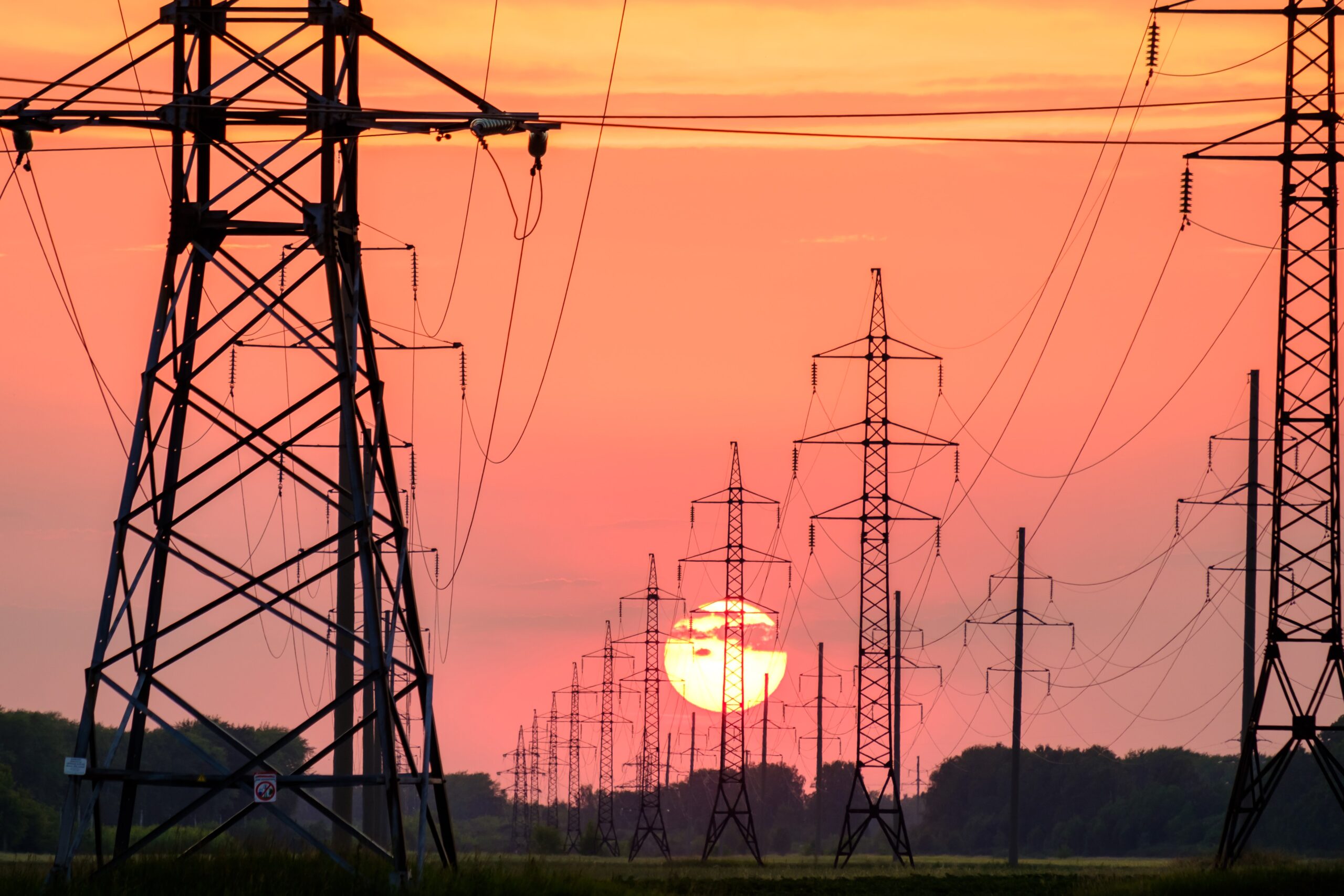REC Leadership Nearly All White and All Male – Daily Yonder Coverage

Report: Rural Electric Cooperatives Lack Women, Minorities in Elected Positions
A new report from ACORN International shows that while rural America is becoming more diverse, rural electricity cooperatives fail to reflect that diversity.
The Rural Power Project–ACORN International and the Labor Neighbor Research and Training Center–surveyed the elected leadership of 888 rural electricity cooperatives (RECs) nationwide and found them to be nearly all white and all male.
As a whole, women made up just 12.6% of REC board members. Meanwhile, people of color make up 24% of America’s rural population, but the new report found that 96% of REC board seats are held by white people.
RECs provide the electricity to 56% of America’s landmass, some 42 million Americans, with the promise of democratic member control over utilities.
“The surprising thing is just how extreme both of those things are,” said David Thompson, research director at ACORN International, in an interview with the Daily Yonder. “And we really see it as this is an act of exclusion.”
He said women and people of color are being “badly disenfranchised” by the very institutions that are supposed to be owned and run by their members, which is everybody that consumes the electricity in their service areas.
“When you don’t have a board that represents the people that are being served and make up these cooperatives, that means that people are being denied opportunities at every turn,” Thompson added.
According to the report, there is no state in America in which REC boards reflect the even split of the adult population. With six men and five women, New Hampshire’s one co-op board brings New Hampshire the closest. Vermont is next but far behind at 28.6% women – six of the 21 board members for its two RECs. Outside of New England, where electric cooperatives are rare, Alaska has the best rate of women’s representation. That rate is only 23.2%, with 29 women among its 125 elected board leaders. Meanwhile, West Virginia’s REC has no women on its board.
A lack of diversity among women and minorities, Thompson said, has consequences.
“On the most basic level, we think it means that people don’t have a real say over what their utility rates are. This is a big issue that’s more and more important with inflation and the rising cost of energy,” he said.
He also added that there are studies showing an overreliance on coal, which the researchers believe has to do with who is making the decisions as board members. “It’s got to be that they’re benefiting from it in a way that is to a greater extent than their memberships would be,” he said.
He also said that through a financing scheme that the government has included them in, the RECs are able to make low-interest loans for economic development.
“A lot of times, these co-ops are some of the biggest economic players in a community,” he said. “And when you’ve got a board that is just overwhelmingly old white men serving an area that isn’t that, that means that all of those resources are just flowing to the people that they choose, it’s not going to help develop the community as a whole.”
Thompson said there aren’t any requirements for diversity involving women and minorities, but some states have created greater transparency about their meeting notices and procedures.
The group believes a coordinated effort to reform the RECs needs to take place. “It’s great that there are local efforts that pop up, but it really needs to be on a bigger scale,” Thompson added.
This article first appeared on The Daily Yonder and is republished here under a Creative Commons license.![]()